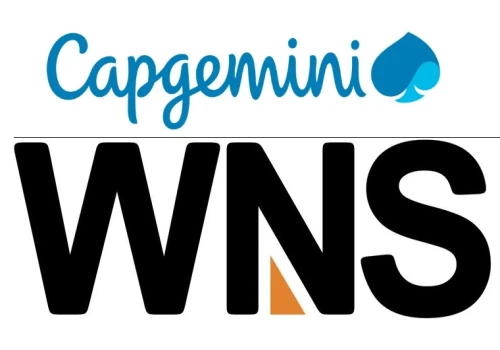
The European Union (EU) has flexed its regulatory muscles, forcing a hefty €1.84 billion ($2 billion) fine on tech mammoth Apple for anti-competitive hones within the music-spilling showcase. This landmark decision represents the EU's primary antitrust punishment against Apple and sends a strong message to large technology companies: approximately reasonable competition.
The core of the issue lies in Apple's App Store arrangements. The EU accuses Apple of smothering competition by:
Prohibiting music streaming apps (such as Spotify) from advising iPhone users about cheaper membership options available outside of the App Store. This effectively prevented clients from making educated decisions and potentially saving money. It charges a 30% commission on all in-app purchases made through the App Store installment framework. This charge did not, however, apply to Apple's music-sharing service, Apple Music, creating an uneven playing field for competitors.
Margrethe Vestager, the EU's official bad habit president for competition and computerized approach, expressed that Apple's activities "mishandled its prevailing position" and "denied clients a free choice." This need for straightforwardness and unequal treatment, the EU contends, hurt millions of European buyers and prevented reasonable competition within the music-spilling showcase.
Apple opposes this idea with the EU's evaluation. The company keeps up that its hones are reasonable and advantageous to both engineers and clients. They contend that their App Store provides a secure and curated platform for clients, and the 30% commission charge makes a difference in supporting the advancement and support of the stage.
Furthermore, Apple claims that the EU's decision is "based on an imperfect finding" and ignores the "flourishing, competitive, and fast-growing" nature of music streaming. They plan to offer the fine, setting up a potentially legitimate conflict between the tech behemoth and the EU. This hefty fine is not just about rebuffing Apple; it also serves as a deterrent to other tech companies looking to lock in competitive advantages. The EU added a lump sum of €1.8 billion to the base fine, reflecting the gravity of the offense and discouraging future infringements.
The timing of this decision coincides with the implementation of the EU's Computerized Markets Act, a set of guidelines aimed at leveling the playing field for smaller businesses in the computerized space. This act, among other things, disallows prevailing stages from giving special treatment to their claim administrations and allows clients to select elective app stores.
In anticipation of these developments, Apple announced changes to the App Store in January 2024. These changes include allowing third-party app stores on iPhones and iPads for the first time and lowering App Store prices, albeit not by as much as some would have liked. While the long-term implications of the EU's decision and the Digital Markets Act remain to be seen, one thing is certain: the administrative landscape for Huge Tech is shifting. activities serve as an update that, indeed, the biggest tech companies are not resistant to investigation and control when it comes to reasonable competition and customer rights.
This case raises a few critical questions:
Will other administrative bodies take suit and implement comparative measures to check the control of Enormous Tech?
How will Apple and other tech companies adjust their trade practices in reaction to these changing controls?
Will these controls ultimately benefit customers by cultivating more noteworthy competition and innovation within the tech segment?
Time will tell how this adventure unfolds, but one thing is certain: the European Union has taken a bold step towards ensuring a more level playing field in the digital marketplace.












